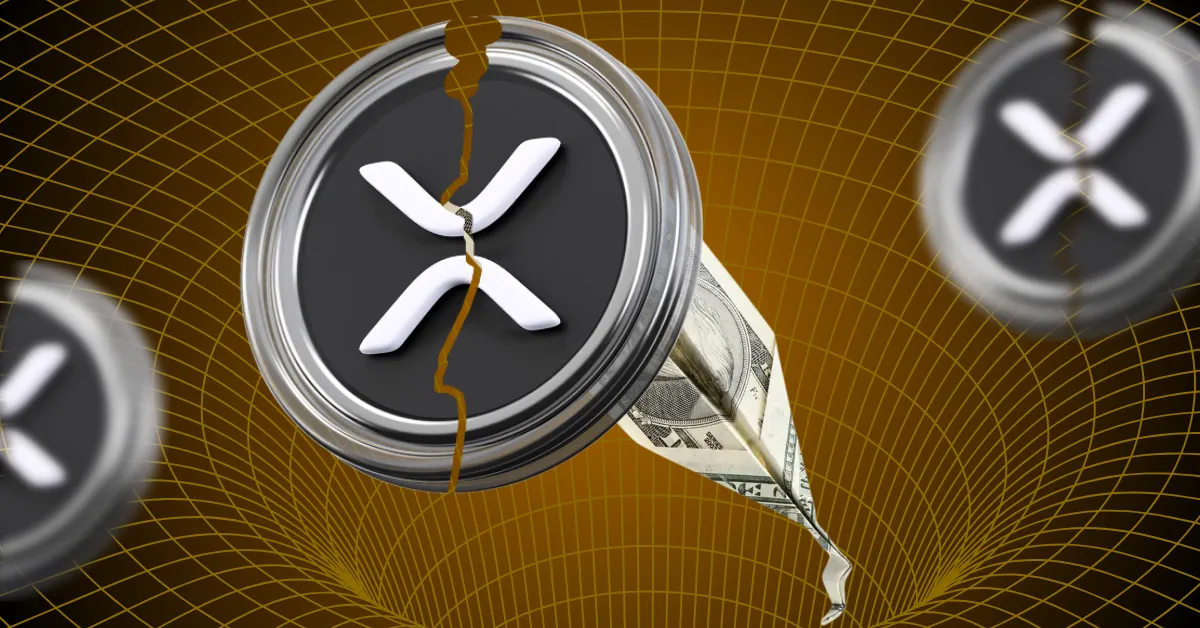
The US Federal Reserve has officially removed ‘reputational risk’ from its banking supervision rules—a move that’s already shaking up the crypto industry. This change could significantly improve the relationship between US banks and digital asset firms, especially Ripple.
Previously, banks could deny services to crypto firms like Ripple not because of financial concerns, but due to negative public perception, labelled as “reputational risk.” This limited many blockchain firms’ access to traditional banking infrastructure.
Now, banks will be required to assess actual financial risk, not subjective or image-based concerns, opening the door for fairer evaluations.
Ripple, known for its strong compliance standards and institutional focus, stands to benefit enormously. The company already works with central banks, financial institutions, and payment providers across the globe.
RippleNet and XRP offer real-time settlements, reduced liquidity costs, and support for CBDC development, making Ripple a prime candidate for future bank collaborations.
Removing reputational risk could enable more US banks to adopt Ripple’s blockchain solutions, leading to increased utility for XRP as a bridge asset in global transactions.
The XRP price surged over 9% in the last 24 hours, hitting $2.20. In just the past hour, XRP gained another 0.5%, reflecting the market’s positive reaction to the Fed’s decision.XRP has also outperformed Bitcoin and Ethereum over the past year, with an impressive 365.2% annual gain, signaling growing investor confidence.
According to French trader Arthur, this policy change is “huge for crypto,” noting that removing fear-based rules paves the way for logical, progress-focused regulations.
“Reputational risk was never about facts—it was about fear. Removing it sends a signal that the system is ready to work with crypto, not against it,” Arthur shared in a recent post on X.
With this landmark policy reversal, US banks are now freer to partner with crypto firms—ushering in a potential wave of institutional adoption. For Ripple and XRP, this could be the turning point that finally accelerates mainstream integration. As Ripple continues expanding its partnerships with global financial institutions, and XRP adoption increases, this regulatory clarity could send XRP to new highs.
There’s strong debate about whether this policy change will actually lead to more banks partnering with crypto firms, especially Ripple, and whether it will boost institutional adoption of XRP and other digital assets
Many users are sharing news and opinions about how, under “Operation Chokepoint 2.0,” over 30 crypto and tech companies lost banking access after the 2023 collapse of crypto-friendly banks, largely due to subjective reputational concerns rather than financial risk.
No. The Fed’s policy change is separate from the SEC vs. Ripple lawsuit. However, users believe this is part of a broader shift toward crypto legitimacy, which could indirectly help XRP’s market position.
Possibly. With fewer barriers, US banks could now explore RippleNet and XRP for cross-border payments, especially since non-US banks are already using it. Many users feel this is the start of Ripple’s US comeback.
CoinPedia has been delivering accurate and timely cryptocurrency and blockchain updates since 2017. All content is created by our expert panel of analysts and journalists, following strict Editorial Guidelines based on E-E-A-T (Experience, Expertise, Authoritativeness, Trustworthiness). Every article is fact-checked against reputable sources to ensure accuracy, transparency, and reliability. Our review policy guarantees unbiased evaluations when recommending exchanges, platforms, or tools. We strive to provide timely updates about everything crypto & blockchain, right from startups to industry majors.
All opinions and insights shared represent the author's own views on current market conditions. Please do your own research before making investment decisions. Neither the writer nor the publication assumes responsibility for your financial choices.
Sponsored content and affiliate links may appear on our site. Advertisements are marked clearly, and our editorial content remains entirely independent from our ad partners.
Crypto markets entered the week expecting heightened volatility ahead of key macro triggers, including U.S.…
Bitcoin, Ethereum and XRP prices moved higher on Thursday after the US Supreme Court delayed…
Ethereum’s accumulation cost has increased and LTHs are concentrated around $2.7K–$2.8K price range. This is…
Cardano founder Charles Hoskinson said he is stepping away from social media, raising questions among…
Bitcoin’s price has slipped from recent highs, breaking below key short-term levels and triggering renewed…
Bitcoin price today remained steady near the $90,000 level after fresh US economic data showed…